-
 Welcome to plumtriA platform for Research & Innovation
Welcome to plumtriA platform for Research & Innovation -
 Looking for Funding?Check out the current open calls
Looking for Funding?Check out the current open calls -
 Register today to start receiving our monthly newsletter
Register today to start receiving our monthly newsletter -
 Looking to partner up?Search our list of registered profiles
Looking to partner up?Search our list of registered profiles -
 You have questions on a particular funding programme?
You have questions on a particular funding programme?
News
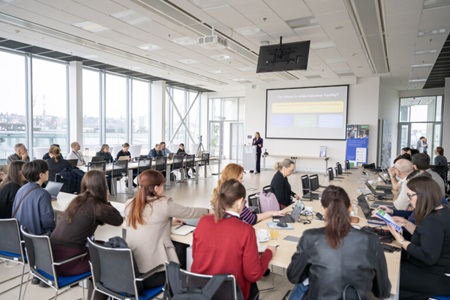 Uploaded On:
Uploaded On:
On 11 February 2026, the widerAdvance Facility organised the Mutual Learning Event “Unlocking Funding Potential: Leveraging Funding for Knowledge Valorisation” at the Czech Institute of Informatics, Robotics and Cybernetics (CIIRC), Czech Technical University in Prague. The event brought together policymakers, researchers, research managers, project coordinators, and innovation stakeholders to exchange practical insights on how knowledge valorisation and funding synergies can strengthen the long-term impact of research, particularly in Widening countries.
Katarzyna Walczyk-Matuszyk, widerAdvance Facility Coordinator at IPPT PAN, and Ian Gauci Borda from Xjenza Malta opened the event by introducing the services of the widerAdvance Facility and its role in supporting organisations through tailored coaching, training, and capacity building. They emphasised that knowledge valorisation should be embedded…
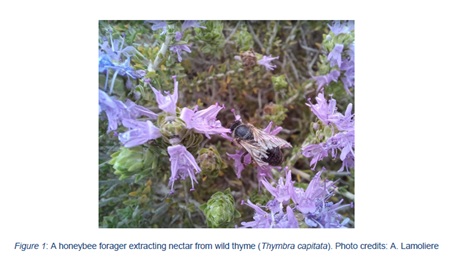 Uploaded On:
Uploaded On:
Wild Thyme Honey
Honey is distinguished according to the plants from which the bees collect their nectar. Mifsud outlines certain traits that visibly distinguish wild thyme honey (għasel tas-sagħtar): unlike most honeys, wild thyme honey ‘tends to remain in the liquid phase’, because one particularity of the thyme flower is that it contains more fructose than glucose. It is ‘the only mono-floral honey that we can produce in Malta’ (Mifsud) – that is, its nectar is primarily drawn from only one floral source. Wild thyme honey is amber in colour and has ‘a strong aromatic flavour’, says Matthew Calleja.
Maltese wild thyme honey has received international recognition, having been…
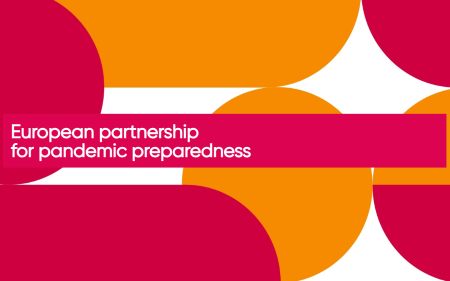 Uploaded On:
Uploaded On:
The European Commission launched BE READY, a new European Partnership for pandemic preparedness. Through BE READY, the European Union will strengthen its capacity to anticipate, prevent and respond rapidly to epidemics and pandemics. BE READY focuses on advancing research on emerging and re-emerging pathogens and accelerating the development of diagnostics, treatments and vaccines.
Ekaterina Zaharieva, European Commissioner for Startups, Research and Innovation, said:
“Europe’s pandemic preparedness must be built on sound scientific foundations. That is why we are making €120 million from the Horizon Europe budget available for the BE READY partnership. Through BE READY, we are putting our citizens’ health first while reinforcing Europe’s innovation leadership.”
This call is accessible through the…
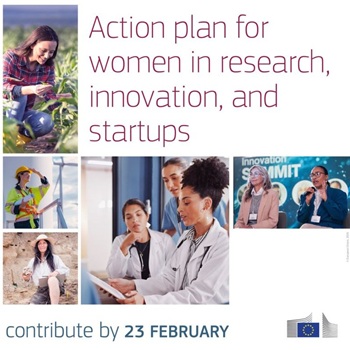 Uploaded On:
Uploaded On:
Women represent only 34% of researchers in the EU, with even lower shares in key innovation sectors and decision-making roles.
Earlier this month, Commissioner Ekaterina Zaharieva launched a public call for evidence to shape a dedicated Action plan for women in research and innovation.
It will address persistent gender gaps and promote diversity, equality and inclusiveness in the European Research Area (ERA).
The plan aims to make the ERA the world’s most attractive place for women to work in research, innovation and startups by 2030.
Share your insights on:
⭕Challenges women face in research and innovation, such as underrepresentation and bias.
⭕Specific…
 Uploaded On:
Uploaded On:
On World Pulses Day, CIHEAM is pleased to present a new initiative: BEANS ! (Boosting Euro-Mediterranean Agri-food through Networked Systems)
This Meta Network promotes legumes as a key part of sustainable Mediterranean food systems. By connecting research, policy, and practice, BEANS supports innovation, knowledge exchange, and capacity building to advance nutrition, climate resilience, and sustainable agriculture across the Mediterranean region.
Information and image source:
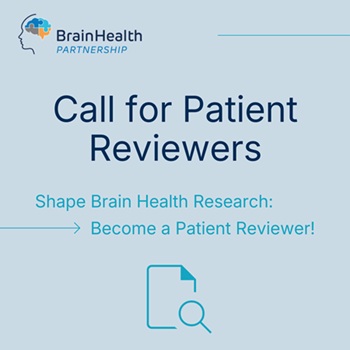 Uploaded On:
Uploaded On:
The European Partnership for Brain Health is inviting applications from patients and carers who are interested in evaluating proposals for interdisciplinary and transnational research projects in the field of brain and mental health.
In January this year, the European Partnership for Brain Health launched two calls under the overarching theme: “Biological, social and environmental factors that impact the trajectory of brain health across the lifespan.” The first call focuses on neurological, mental, and sensory disorders, while the second targets neurodegenerative disorders. All submitted research proposals undergo scientific peer review to select and fund the most promising projects. In addition, the European Partnership for Brain Health organises a patient review process to ensure that funded research takes into…
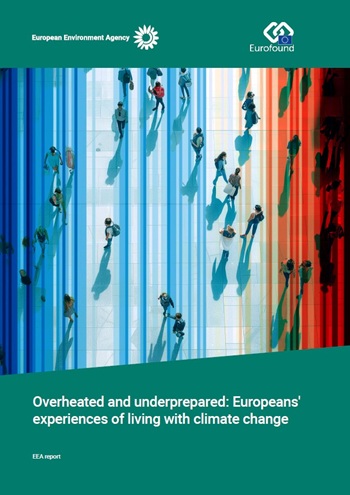 Uploaded On:
Uploaded On:
Europeans are very concerned about extreme heat and other impacts of climate change like wildfires according to the results of a Europe-wide survey published today. It found that many citizens were also underprepared to deal with the increasing frequency and magnitude of heatwaves, flooding, or water shortages in their own homes.
The results of the survey were analysed in the report 'Overheated and underprepared' published by the European Environment Agency (EEA) and the European Foundation for the Improvement of Living and Working Conditions (Eurofound). The report offers a Europe-wide overview of the perceived implementation of climate resilience measures — both those reported by survey participants at the household level and their observations of measures implemented by…
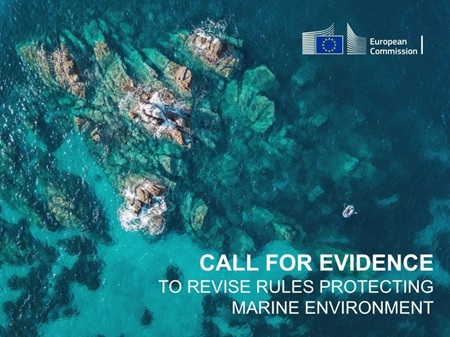 Uploaded On:
Uploaded On:
The European Commission has launched a Call for Evidence on the upcoming revision of EU rules for protecting the marine environment, including the Marine Strategy Framework Directive, MSFD.
The initiative aims to assess what has worked so far, where implementation has fallen short, and how EU legislation can better support the health and resilience of European seas.
This is a chance for researchers, civil society, industry and other stakeholders to share experience and evidence that can inform the next phase of EU marine policy.
The call is open for feedback via the Commission’s…
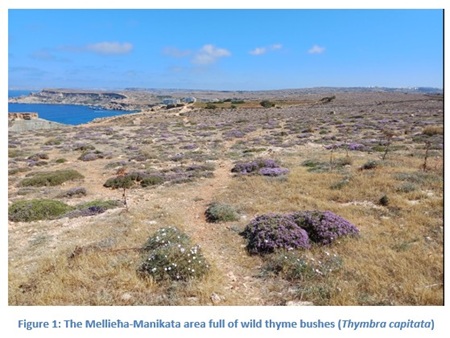 Uploaded On:
Uploaded On:
Honey production in Malta plays out on a small island with a tightly mixed landscape. Beekeepers work across fields, garrigue and settlements that sit close together, yet they are expected to deliver a product with a clear representation of the place, and one of these is Maltese wild thyme honey. The main challenge lies in making sure that the bees forage mainly from the flowers of wild thyme in such a tightly-knit landscape.
Drones and artificial intelligence make that challenge surmountable. Drone surveys and machine learning can convert thousands of overlapping images into maps that show thyme cover and thyme’s potential competitors. This study asks whether Malta can realistically and sustainably support monofloral wild thyme honey (honey made mostly from thyme nectar), and if so, where. By combining drone surveys, multispectral imaging, GIS and supervised machine learning, the team searched for thyme-exclusive…
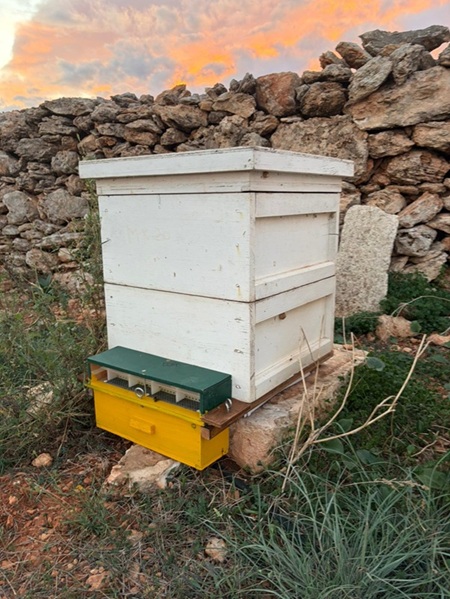 Uploaded On:
Uploaded On:
Honey bees, along with other pollinators (such as butterflies, solitary bees, etc.), are essential to our food supply; the great contribution they make to the pollination of flowering plants is vital for farming as most agricultural crops require this insect pollination to produce fruit. But, as climate change increases the frequency and intensity of droughts and heatwaves, the natural signs of Spring appear earlier in the year, further threatening the survival of honey bees and other pollinators. The BeeSustain project (Integrative Modelling for Enhanced Beekeeping Carrying Capacity), a collaborative research initiative led by the University of Malta's Biodiversity and Ecology Research Group (BERG), and is funded by the Xjenza Malta Research Excellence Programme (REP) 2024. The project aims to address these pressing concerns by testing new and innovative approaches to improve beekeeping sustainability and safeguard bee populations…
 Uploaded On:
Uploaded On:
The University of Malta has successfully concluded the Hybrid Energy Storage System (HESS) project which is a major initiative exploring how renewable energy and advanced storage can power cleaner transportation. Led by Prof. Ing. John Licari from the Department of Electrical Engineering, the project was supported through the SINO-MALTA Fund 2023 Call, strengthening scientific collaboration between Malta and the People’s Republic of China.
The research focused on how solar energy, batteries and green hydrogen can work together to electrify mobility while reducing strain on the electrical grid. The study involved the modelling and control of an Electro-Hydrogen HESS-based microgrid system to optimise energy management. A schematic block diagram of the microgrid system is presented in Figure 1. The microgrid integrates the PV generation, a battery energy storage system (BESS), and a PEM electrolyser, all interconnected via a…
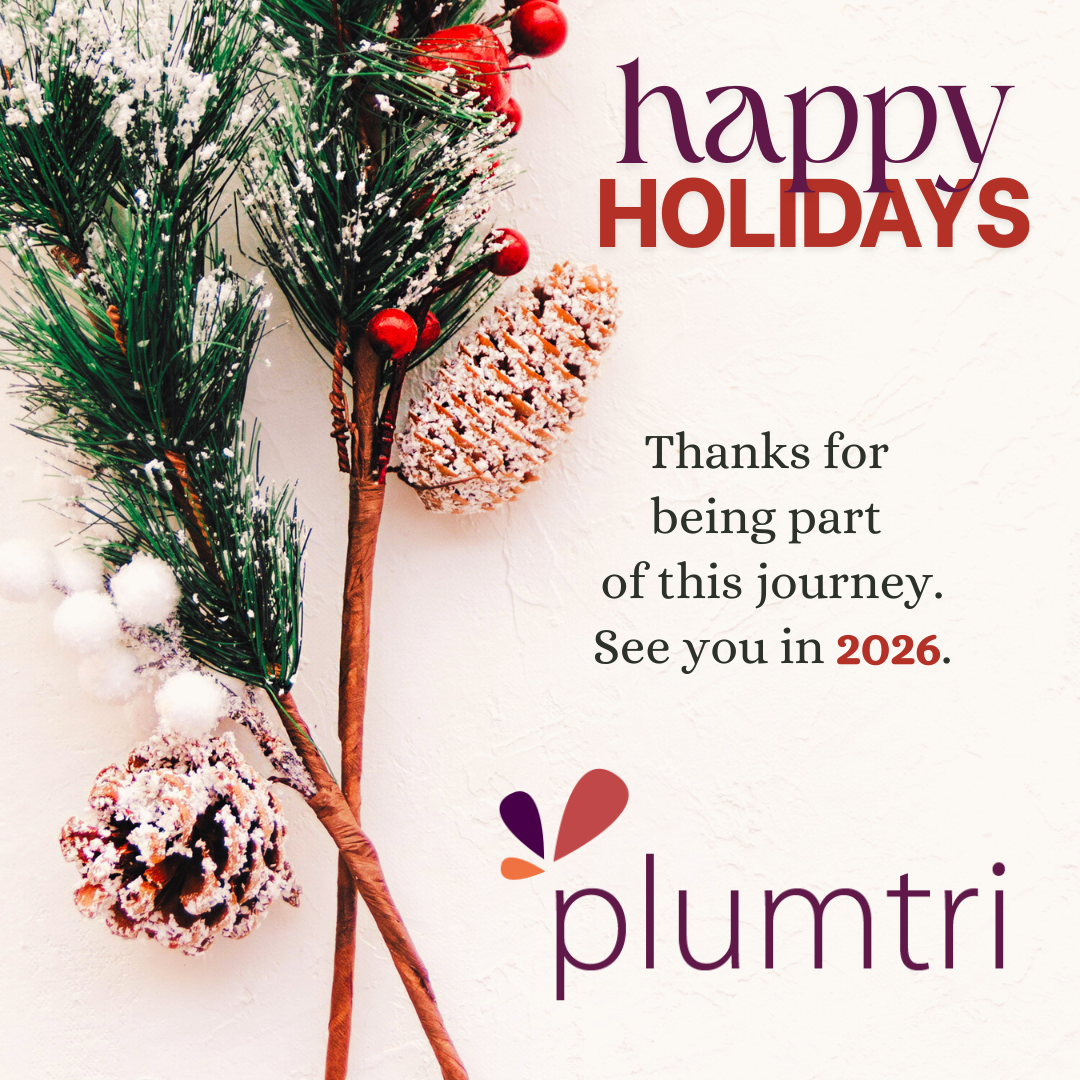 Uploaded On:
Uploaded On:
We thank you for being part of this journey.
See you in
2026
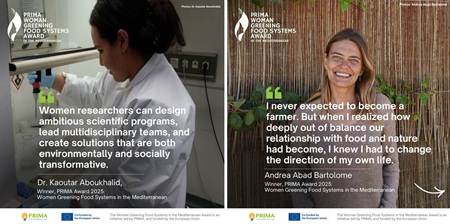 Uploaded On:
Uploaded On:
The two winners of the PRIMA Award for Women Greening Food Systems (2025 edition) are Kaoutar Aboukhalid (Morocco) and Andrea Abad Bartolome (Spain).
These women are driving change, transforming agriculture, and championing sustainability across the Mediterranean.
In the mountains of Morocco, a precious plant is vanishing. Dr. Kaoutar Aboukhalid is working to save it, one community at a time. As one of the two winners of the PRIMA Award for Women Greening Food Systems in the Mediterranean, Dr. Aboukhalid’s MOROREGEN project demonstrates that science, local knowledge, and women’s leadership can help reverse biodiversity loss.
Meet Dr. Kaoutar Aboukhalid, one of the two winners of the PRIMA Award for Women Greening Food Systems in the Mediterranean.
…
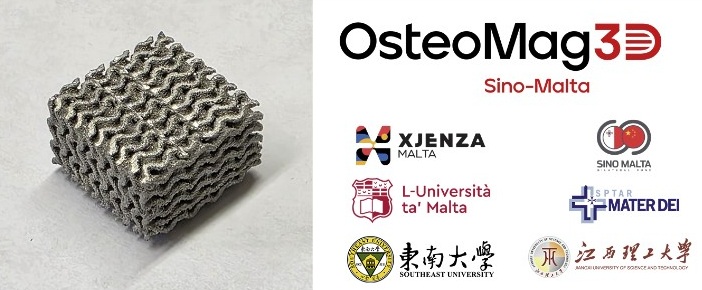 Uploaded On:
Uploaded On:
Imagine breaking a bone so severely that a piece is missing. Or imagine recovering from bone cancer, only to be left with a gap your body cannot heal on its own. Today, patients in these situations often rely on metal implants that stay in the body forever or require a second surgery to remove.
OsteoMag-3D is an international partnership that brings together Maltese and Chinese researchers with one shared goal: to create patient-specific bone implants made from a biodegradable magnesium alloy. These implants, often called scaffolds, act as temporary bone substitutes in situations where patients are left with missing bone, such as after bone cancer treatment or when fractures fail to heal. They support new bone growth and gradually dissolve as healing progresses. Over time, they are replaced entirely by natural bone, eliminating the need for a second surgery to remove the implant.
To ensure…
 Uploaded On:
Uploaded On:
What are the purposes of this survey?
To identify what types of capacity building activities are considered important in order to support research and innovation in health and care systems;
To get an overview of current capacity building instruments available at national and international levels that can help drive the transformation of health and care systems.
What is capacity building in the context of research and innovation?
Capacity building in the context of R&I refers to the process of enhancing the skills, knowledge, systems, infrastructures and collaborations of individuals and organisations that are active in the field of research and innovation. It can e.g. involve research training or fellowships, but also building platforms or networking…
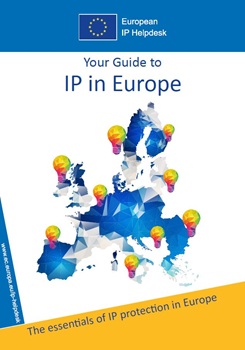 Uploaded On:
Uploaded On:
Intellectual property (IP) management is a key element in improving the competitiveness of any company. Unfortunately, small and medium sized enterprises (SMEs) often lack the time, resources, or knowledge to address IP matters. This guide aims at providing answers to some of the main IP issues often faced by SMEs. It has been developed on the basis of the answers provided by the European IP Helpdesk to some of the Frequently Asked Questions (FAQs) submitted by users through the European IP Helpdesk website and Helpline. Moreover, it refers to several reference documents, which are listed at the end of each section for further information. Each section of this guide is dedicated to one specific IP right, covering essential aspects around its regulation in Europe as well as some additional questions which, based on the experience of the European IP Helpdesk, are of interest to European SMEs. This guide is making no claim to be exhaustive and is not an…
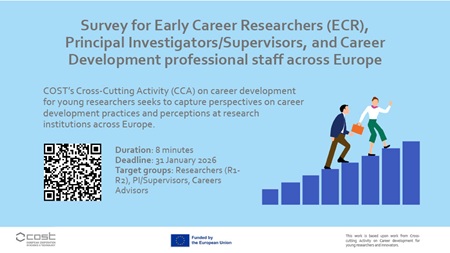 Uploaded On:
Uploaded On:
Calling all Early Career Researchers, Principle Investigators and Supervisors, and Career Advisors - COST need your input in a quick survey focused on career development initiatives. By participating, you will contribute to an evidence base that can inform fairer and more inclusive career development opportunities.
Duration of the survey is estimated at 8 minutes.
Deadline: 31 January 2026
Visit the below link to read further and participate.
Information and image source:
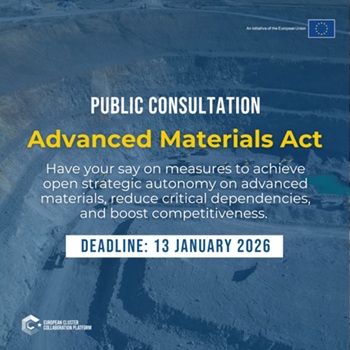 Uploaded On:
Uploaded On:
Advanced materials provide the innovative solutions needed for a more efficient, sustainable and competitive industry. Given the current geopolitical landscape, the EU needs to strengthen its research, innovation and production capacities and accelerate their uptake in Europe.
The Advanced Materials Act will put forward measures to achieve open strategic autonomy on advanced materials. This will help reduce dependencies on critical resources and boost EU competitiveness.
Feedback deadline: 13 January 2026
Visit the below link to read further and participate.
Information and image source:
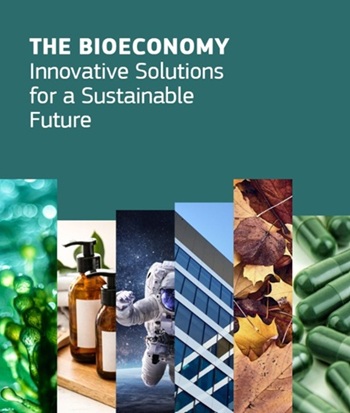 Uploaded On:
Uploaded On:
The bioeconomy delivers sustainable solutions based on biological resources. These solutions benefit sectors ranging from primary production to value chains of food, health, materials and energy. The EU-funded bioeconomy innovations presented in this booklet show the bioeconomy’s role in fostering circularity, adapting to and mitigating climate change, reducing reliance on fossil fuels and decreasing pollutants. They create jobs and income opportunities, particularly for farmers and foresters, and support a greener, more resilient future. The bioeconomy is the living proof that competitiveness, climate action, environmental protection and citizens’ wellbeing go hand in hand.
Visit the below link to read the booklet.
Information and image source:
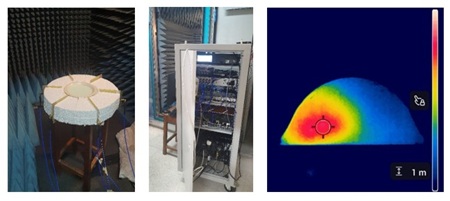 Uploaded On:
Uploaded On:
Research indicates that increasing the temperature of tumour tissue can stimulate increased activity within tumour cells, due to a higher blood flow. When a tumour reaches hyperthermic state, the uptake of cancer treatment, such as radiation therapy and chemotherapy, would be greater. Therefore, integrating hyperthermia into a cancer treatment plan would allow medical practitioners to decrease the dosage of these therapies, making the treatment safer and more tolerable for patients.
Normal body temperature is 36 - 37 °C and by using controlled microwave energy, similar to that used in a microwave oven to heat food, it is possible to increase the temperature of specific tissues.
At the Electromagnetics research group within the Department of Physics, researchers are developing a Microwave hyperthermia system as part of a project funded by Xjenza Malta, Hyper4B and also thanks to the…




